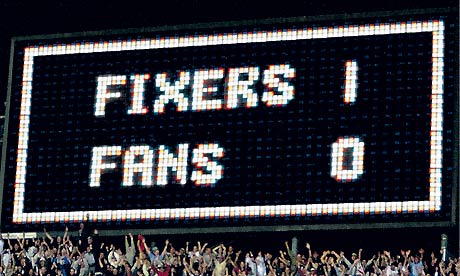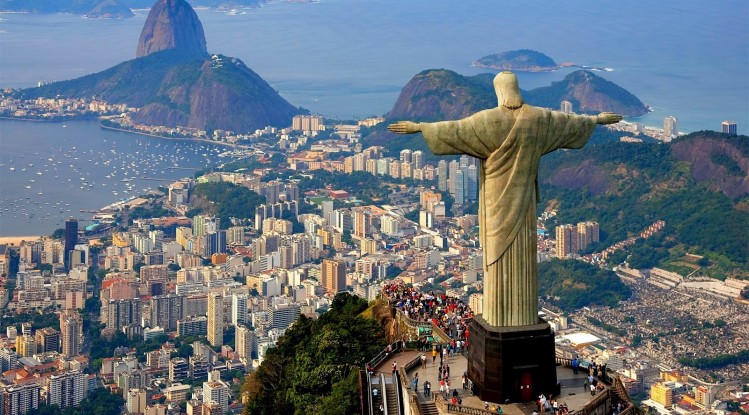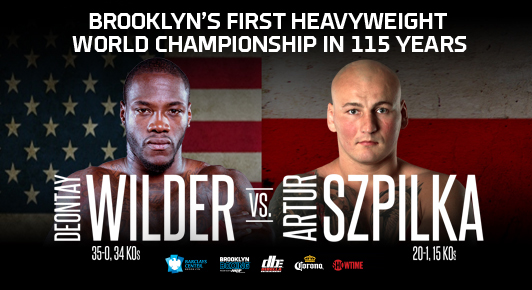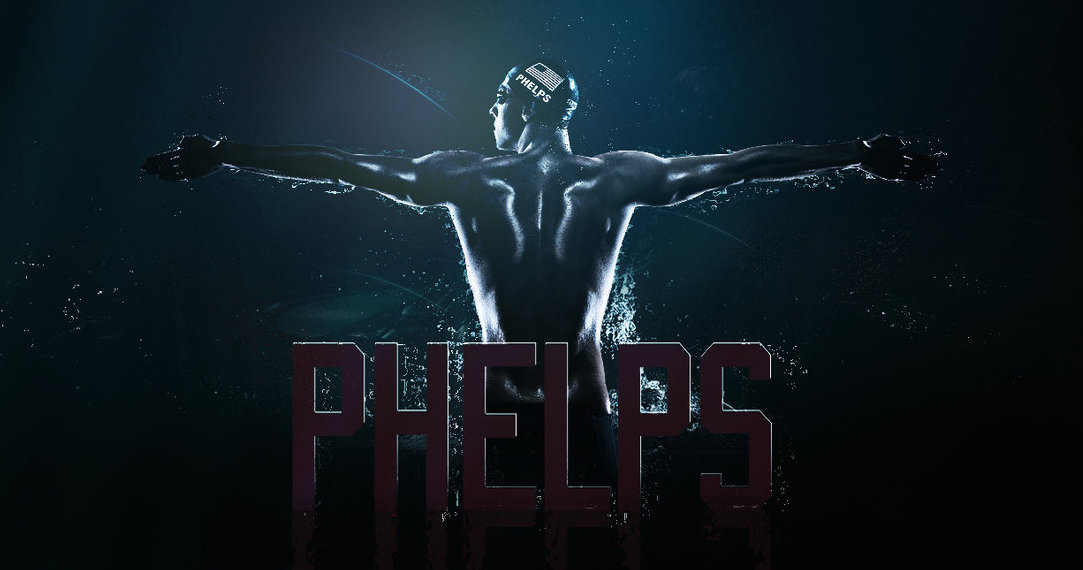 If you like your fighters with a touch of malevolence, the list doesn’t start and end with Mike Tyson.
If you like your fighters with a touch of malevolence, the list doesn’t start and end with Mike Tyson.
Sergey Kovalev is the latest incarnation of a boxer who fights with bad intentions. He has a deadpan line in trash talk and he boxes like a man who is angry with the world. Everything about him screams “bad-ass”.
Which of course makes the Russian compelling to watch. He beats men down with telling power, but he’s no one-trick pony. As he demonstrated against Bernard Hopkins last year, he can mix up his punches and box when he needs to.
North America, the traditional heartland of boxing, has taken a while to warm to him, but in winning three of the four major belts at light-heavyweight, Kovalev has become must-see television.
This weekend he meets Jean Pascal in a rematch that has much going for it.
The action will be broadcast live on SuperSport 7 from 4am on Sunday.
Last year the pair waged an eight-round thriller that ended in strange fashion when the referee called the action off prematurely. Pascal appeared in no obvious distress and had actually hurt Kovalev in the fifth, but his chance was gone.
Pascal’s anger has simmered since. He subsequently hooked up with top trainer Freddie Roach and made the adjustments he deems necessary to defuse Kovalev’s power game. Pascal has warned the Russian that he has a stoppage on his mind, although common sense says that Pascal will walk into a trip-hammer if he tries to trade with Kovalev.
He would be better served trying to outwork him from the outside, using his speed and combination punching to ward off the resident bulldozer.
Kovalev will simply try and walk him down before unloading with his big right hand. Pascal is iron-jawed, as he will have to be against a fighter like Kovalev who puts immense torque and power on his punches.
Like all absorbing rivalries, this one has been brimful with tension. As the accompanying HBO video shows, Pascal is convinced Kovalev is racist after Kovalev’s photoshopped tweet last April of a monkey’s head on Adonis Stevenson’s body, with the caption “Adonis looks great!!!” Kovalev quickly deleted it and issued an apology, but the die was cast: he was branded a racist.
Pascal has since tried to get under his skin, but Kovalev smartly left it to his trainer, John David Jackson, who is black, to defend his corner.
Whatever happens this weekend, the action won’t be for the faint-hearted.











